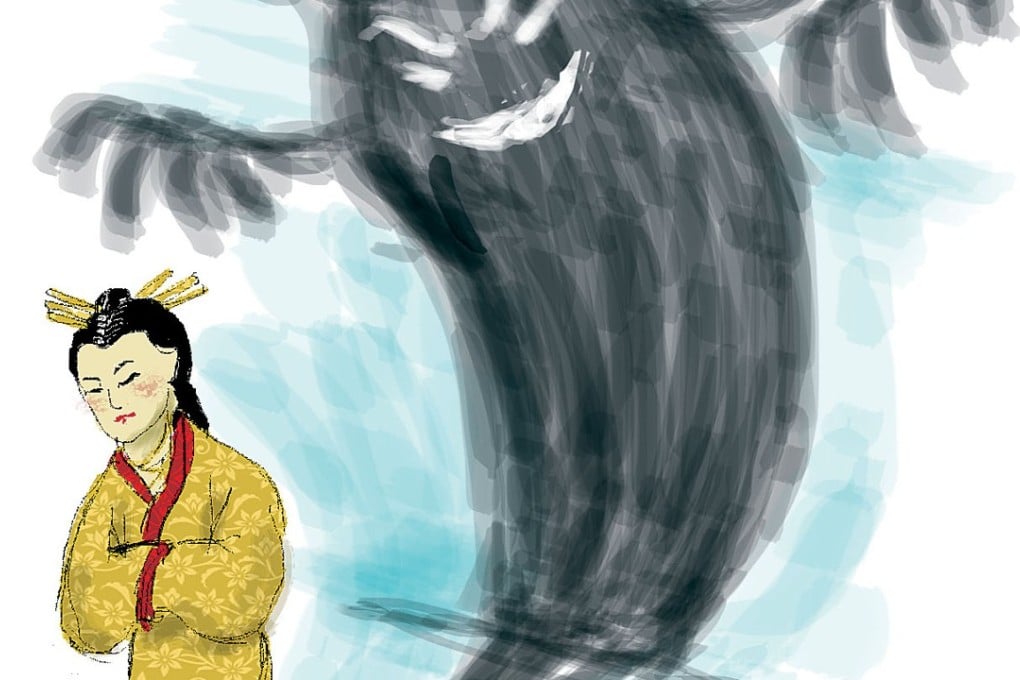Reflections | Why one of China’s first empresses was an able ruler, despite psychopathic tendencies
Aside from the dismembering that went into creating her ‘human pig’, Lü Zhi’s reign was one of peace and prosperity

During a recent discussion about female bosses, the general consensus among those present was that they could be both nurturing and psychotic within the same working day. I have had female superiors before and found them to be reasonable people who conducted themselves most professionally. Personally, I believe that bad bosses are just bad bosses, regardless of gender.
Lü Zhi (241-180BC) was one of China’s first “female bosses”, and while she had some lapses in personal conduct, overall her performance was quite satisfactory and she was an asset to the enterprise.
Lü married Liu Bang – who would go on to become Emperor Gaozu of Han – when he was just a lowly headman in a county in central China. She stuck with him through thick and thin when Liu was busy fighting wars and consolidating his power. Despite being a woman, she was part of her husband’s inner circle of advisers and decision makers, displaying her political deftness when she arranged the murders of two of Liu’s insubordinate followers in his absence.
In 202BC, when Liu conquered the empire and proclaimed himself the founding emperor of the Western Han dynasty, Lü was made empress as a matter of course. It wasn’t long, however, before her husband began to procure one consort after another and left her alone in her palace. The last straw came when Lady Qi, the emperor’s favourite consort, schemed to replace the heir apparent – Liu and Lü’s firstborn son, Liu Ying – with her own. Lü acted swiftly to counter Qi’s plot and ensured that her son remained heir apparent until the emperor’s death.
When Liu Bang died in 195BC, Liu Ying ascended the throne as Emperor Hui of Han and Lü became empress dowager. Far from being a retiring widow, the indomitable Lü unleashed all the pent-up resentment and unfulfilled ambition that had gnawed at her over the years. She had Qi’s arms and legs cut off, her eyes gouged out, made her deaf and dumb.
